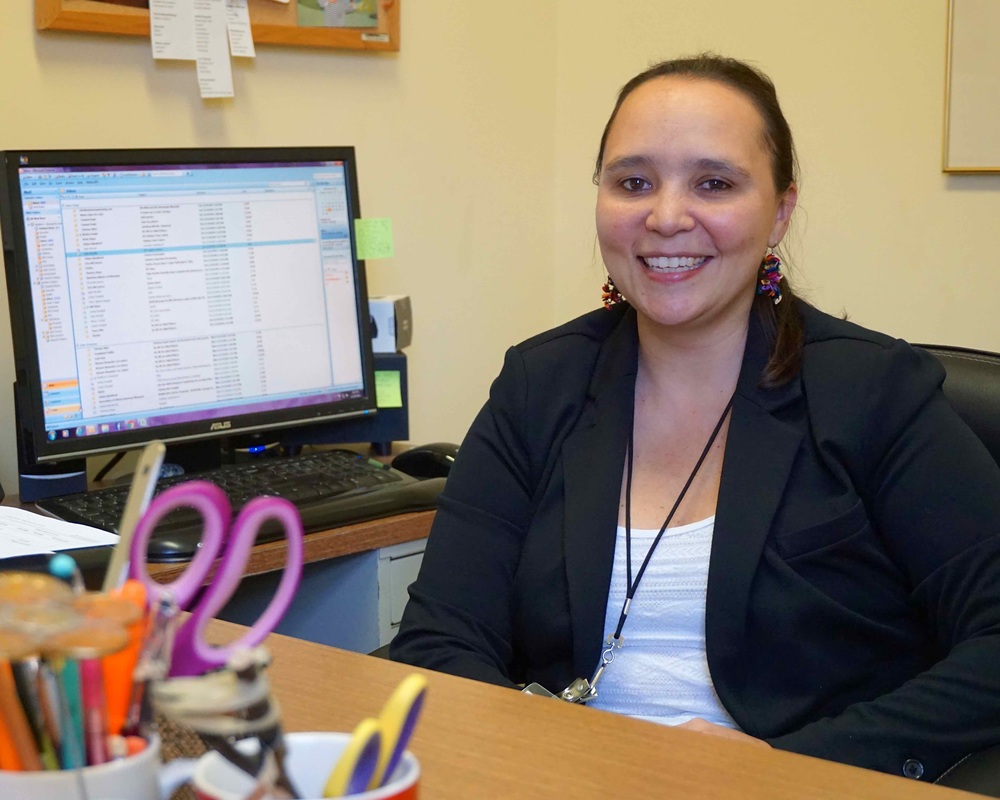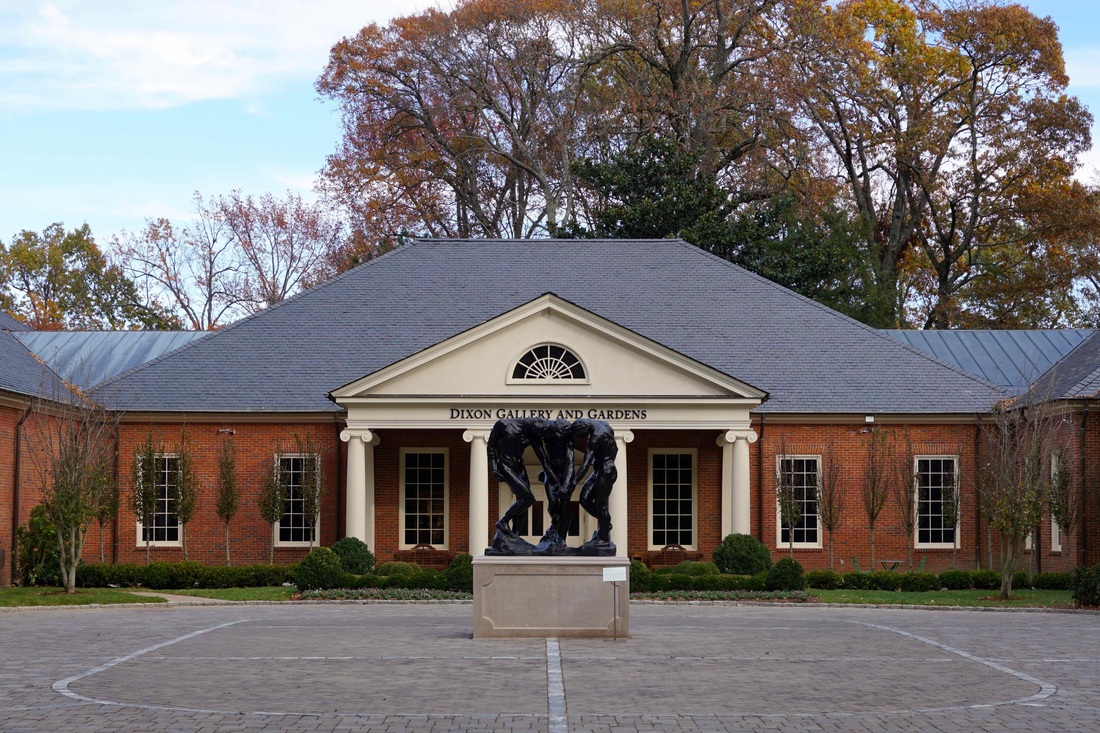“I’m 40 years old and very proud of that. When I was 24, I had just finished a five-year degree in Anthropology and was holding down three jobs: teaching high school, working as a research assistant at the Anthropology Institute of Colombia, and working at the National Museum on weekends. Bogota is a huge city, and I spent a lot of time in buses in heavy traffic. It was really stressful, I was exhausted all the time, and I started getting sick. After a month and 5 trips to the ER, I was diagnosed with acute leukemia. I went into the hospital that same day to begin treatment. It was so hard, but there was never a time when my family or I thought I wouldn’t make it through. They’d tell people, ‘She’s okay. She’s going to be fine.’ They surrounded me with energy, love, and hugs, and stayed beside me all the way. My dad had just recently lost his job, so he was at the hospital every minute. My mom took leave from her teaching position, and they cared for me through three rounds of chemo and two sessions of radiotherapy. My 80-year-old grandmother took a cab to see me every day too. My family has a great sense of humor, and my mom was always taking photos of me and saying, ‘This is going in that picture album we’re making about all the fun times.’ We have photos of me that look like a commercial for Coca Cola, taken when I was finally able to drink a Coke again. Then, when I was so swollen I looked like a balloon, my mom grabbed the camera and said, ‘I’m getting a picture of this!’ Their humor really helped cheer me up and get me through it. My room became the one where even the residents hung out because it had the best magazines and the best snacks. It took eight months of being in and out of the hospital, but in the end the cancer was gone. Nobody knew if it would come back, but my doctor told me: ‘Go live your life. If you feel bad, come back. If not, have a great life!’ My defenses were very low, and I barely had any hair, but I was determined I wasn’t going to get sick again. My family and friends supported me, but I really believe that my getting well was a miracle.
“When I first started getting better, I felt a lot of pressure to be perfect. I’d been given a second chance and I wanted to do everything just right, better than before. I wanted always to be kind and generous and never to do anything wrong, but that was so tiring. Finally I talked to my dad about it, and he said: ‘Maybe your original self was so good that God wants you to use this second chance to continue being just who you are. You don't need to be perfect.’ That helped me a lot.
“I had maybe a 1% chance of getting pregnant after the leukemia treatment, but I have a five-year-old daughter now. I only speak Spanish to her, and she understands everything. There’s a new little boy in her classroom from Venezuela who doesn't speak English, so she’s sort of the official interpreter. I told her, ‘You’re going to be doing a lot of this. Better get used to it.’ I’m very proud of her. She's my second miracle.”
“When I first started getting better, I felt a lot of pressure to be perfect. I’d been given a second chance and I wanted to do everything just right, better than before. I wanted always to be kind and generous and never to do anything wrong, but that was so tiring. Finally I talked to my dad about it, and he said: ‘Maybe your original self was so good that God wants you to use this second chance to continue being just who you are. You don't need to be perfect.’ That helped me a lot.
“I had maybe a 1% chance of getting pregnant after the leukemia treatment, but I have a five-year-old daughter now. I only speak Spanish to her, and she understands everything. There’s a new little boy in her classroom from Venezuela who doesn't speak English, so she’s sort of the official interpreter. I told her, ‘You’re going to be doing a lot of this. Better get used to it.’ I’m very proud of her. She's my second miracle.”
Margarita was born in Bogota, Colombia, and began working in museums while she was still in college. She moved to Memphis in 2002 and served as the Educational Specialist for our own Children's Museum of Memphis for five years before joining the staff at the Dixon. Margarita is fluent in Spanish, French, and English and is active with the Centro Cultural (Latino Cultural Center).
Margarita Sandino, Director of Education, Dixon Gallery & Gardens
4339 Park Avenue 38117
Email: [email protected]
Phone: 901-761-5250
Margarita Sandino, Director of Education, Dixon Gallery & Gardens
4339 Park Avenue 38117
Email: [email protected]
Phone: 901-761-5250


 RSS Feed
RSS Feed